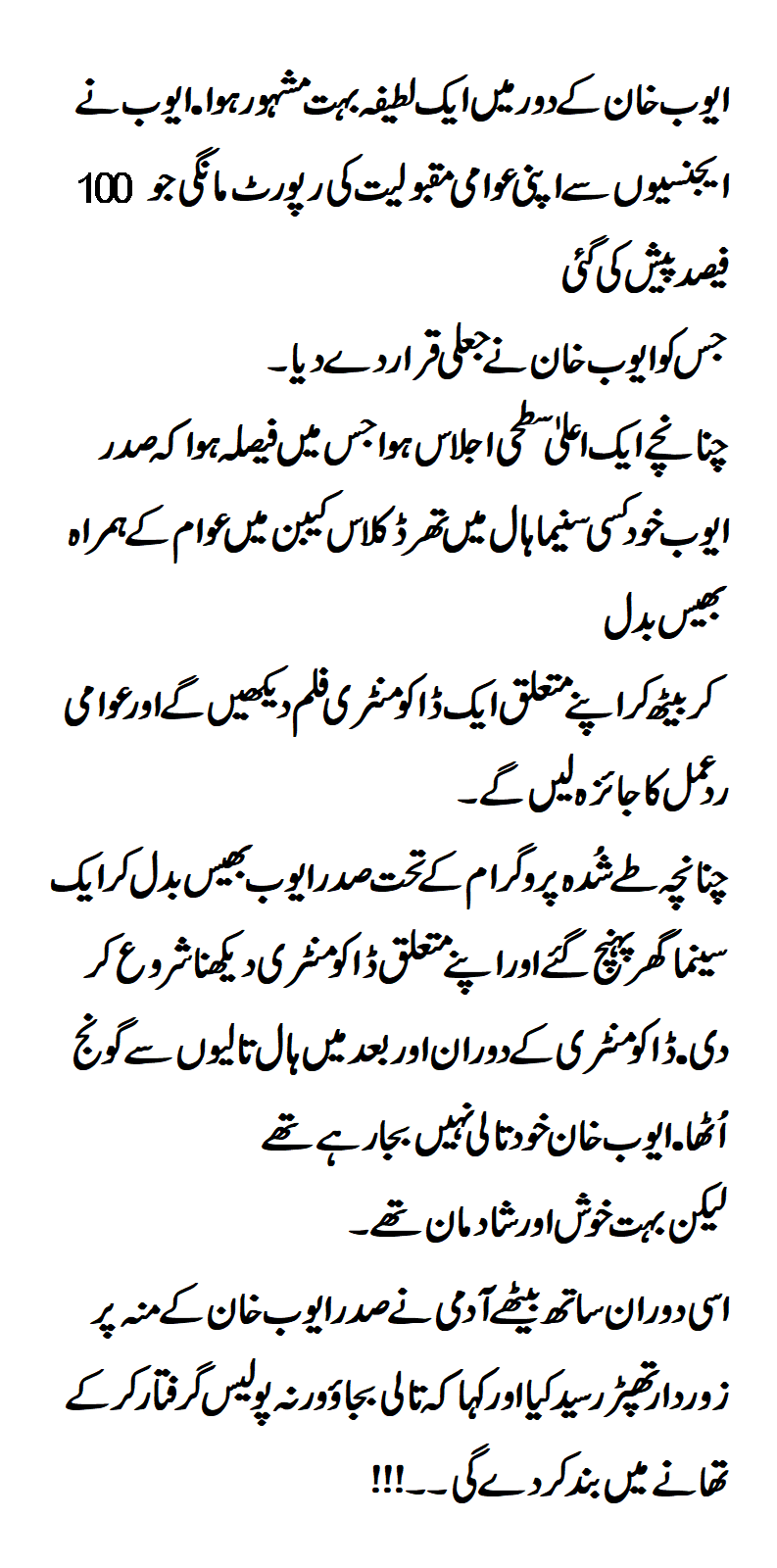Muhammad Ayub Khan (14 May 1907 – 19 April 1974) was a Pakistani military officer and politician who served as the second president of Pakistan from 1958 to 1969. He previously served as the third Commander-in-Chief of the Pakistan Army from 1951 to 1958.
Born in the North-West Frontier Province, Khan was educated from the Aligarh Muslim University and trained at the Royal Military College, Sandhurst. He fought in the Second World War on the British side against the Imperial Japanese Army. After the partition of India in August 1947, he joined the Pakistan Army and was stationed in East Bengal. In 1951, he became the first native commander-in-chief, succeeding General Douglas Gracey. From 1953 to 1958, he served in the civilian government as Defence and Home Minister and supported president Iskandar Ali Mirza’s decision to impose martial law against prime minister Feroze Khan’s administration on 7 October 1958. Two weeks later, after a breakdown in civil–military relations, Khan seized presidency in a military coup, the first in the country’s history.
As president, Khan appointed Muhammad Musa to replace him as commander-in-chief. He aligned Pakistan with the United States, and allowed American access to air bases inside Pakistan, most notably the airbase outside of Peshawar, from which spy missions over the Soviet Union were launched. Relations with neighboring China were strengthened but his alignment with the US worsened relations with the Soviet Union in 1962. He launched Operation Gibraltar against India in 1965, leading to an all-out war. It resulted in a stalemate and peace was restored via the Tashkent Declaration. Domestically, Ayub subscribed to the laissez-faire policy of Western-aligned nations at the time. Khan privatized state-owned industries, and liberalized the economy generally. Large inflows of foreign aid and investment led to the fastest-growing economy in South Asia. His tenure was also distinguished by the completion of hydroelectric stations, dams, and reservoirs.
